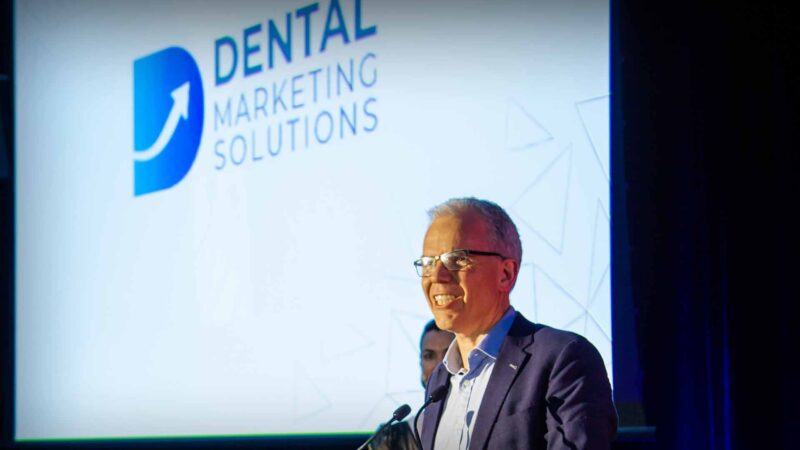Commencing a new series called Pioneers in Health Care, is an interview with Professor Jeremy Chapman AC who for over 30 years, has been involved in nephrectomy, or kidney transplantation.
Honoured “for eminent service to medicine, particularly in the areas of clinical and biomedical research, to the development of ethical policy and practices for organ donation, acquisition and transplantation, and to renal medicine organisations and publications, Jeremy Chapman AC has played significant roles in development of kidney, pancreas and unrelated Bone Marrow Transplantation in Australia.
He has been responsible for global development of ethical transplantation through The Transplantation Society, the World Marrow Donor Association and through advisory roles to the World Health Organisation. He is identified as one of the most influential global leaders in the field of clinical transplantation.
Credit: Australian Academy of Health and Medical Sciences
In September 2022, Western Sydney’s Professor Jeremy Chapman was bestowed the prestigious 2022 Medawar Prize on-stage in Buenos Aires, Argentina.
The Medawar Prize, awarded biennially since 1990 and named after Society co-founder Sir Peter Medawar, is globally recognised as the most prestigious award for excellence in Transplantation Science and Jeremy is “surprised and honoured” saying “not many people get this award so it’s a true delight”.
The award recognises outstanding investigators whose contributions have profoundly influenced organ transplantation.
Professor Chapman has dedicated much of his career to clinical care and research at Westmead, since commencing as a renal physician at Westmead Hospital in 1987. He has worked as Director of Western Renal Services, Westmead Hospital’s Director of Medicine and Cancer, as well as the Director of the Westmead Hospital Foundation, Chair of the Westmead Research Hub Council and member and deputy chair of the board of WSLHD.
In the early days of transplantation long-term care of transplant patients was mostly undertaken by transplant surgeons but as both the numbers and the complexity of transplantation increased, Professor Chapman was amongst the vanguard of renal physicians that focussed, as a physician, on care of patients after their transplant.
“It’s been an interesting road of discovery over time, but also a major transformation in the outcome for our patients,” Professor Chapman said.
“When I was first involved in 1978, we thought a 60% success rate at one year after a transplant was pretty good, even when choosing the very best patients to transplant, now, we would expect more than 90 or 95% success rates in much, much older and sicker patients.”
“Australia has been a great springboard for global activity, so it’s worked out very well to be working in Australia to impact on transplantation globally.”, according to Professor Chapman.
You Might also like
-
Smart wearable technology recognised for improving quality of life
Nurses have a pivotal role to play in the widespread implementation and adoption of digital health technologies throughout the healthcare sector for the primary purpose of improving safety and quality of patient care.
Australian Health Journal talked to two of Australian top leaders in nursing and in digital health on how the role of nursing is pivotal to the success of digital health in the Australian health system.
-
CASE STUDY: Creating awareness, workforce education & dissemination strategy in national screening
At the recent Screening Conference 2025 in Sydney, hosted by Public Health Association, Dr Rachael Dodd, Senior Research Fellow at The Daffodil Centre, spoke about the information and educational resources created to increase awareness in the healthcare workforce and community on the upcoming Australia’s National Lung Cancer Screening Program commencing in July 2025.
-
Dental marketing insights from leading authority
Winning the Australian Dental Industry Award for Marketing has had a big impact to Dental Marketing Solutions. As Angus comments in closing, “Receiving the award is social proof to say, well, these guys must know something, because an independent body of their peers has assessed them and said”. He added, “Certainly it’s been good in terms of building our business.”



